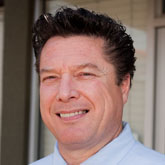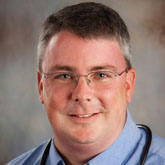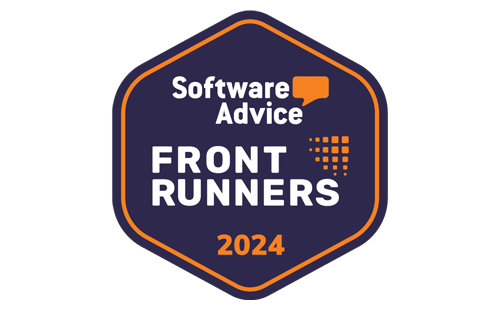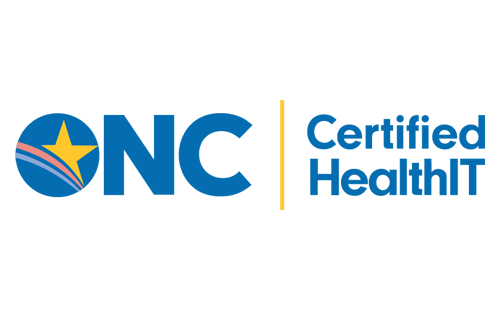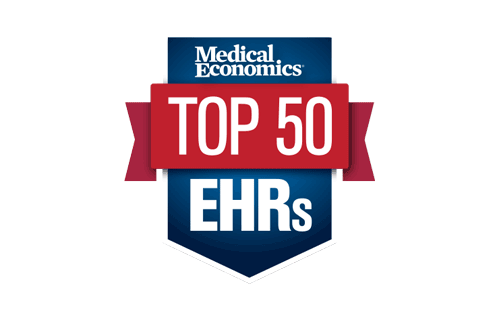The Best EHR
for Solo Practices
Thomas Johans, MD
Pain Management
Chronic pain physician board certified and recertified by the American Board of Anesthesiology, American Board of Anesthesiology in the Subspecialty of Pain Medicine, American Board of Pain Medicine, American Board of Medical Acupuncture and a Fellow of Interventional Pain Practice, World Institute of Pain. Affiliated with St Johns Mercy Medical Center in St Louis, MO for 25 years.
"With the advent of pay for performance and evidence-based medicine, Praxis responded with the ability to prospectively study your practice and show proof that you achieve the highest standard of care."
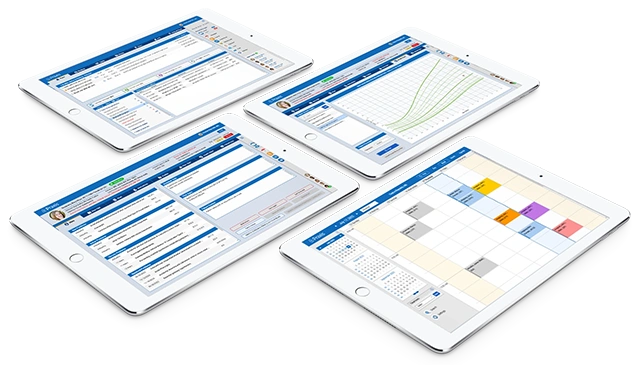
Solo Practices are the foundation of the US healthcare system and are where most adults and families receive medical care throughout their lives. The solo provider can offer excellence in personalized, longitidunal care while fostering close connections with patients and families. Solo providers often accompany a patient and family over various years and receive high levels of patient satisfaction. The solo provider approach equates to high quality care, increased patient engagement and improved clinical outcomes.
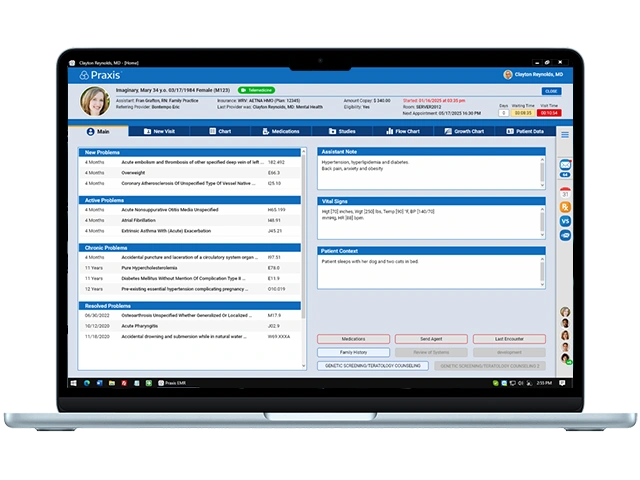
With the increasing shortage of physicians and a growing population, providers in all specialties are being asked to work longer hours and see a greater number of patients. This has contributed to alarming levels of physician burnout while our healthcare system struggles to meet the growing demand for medical care.
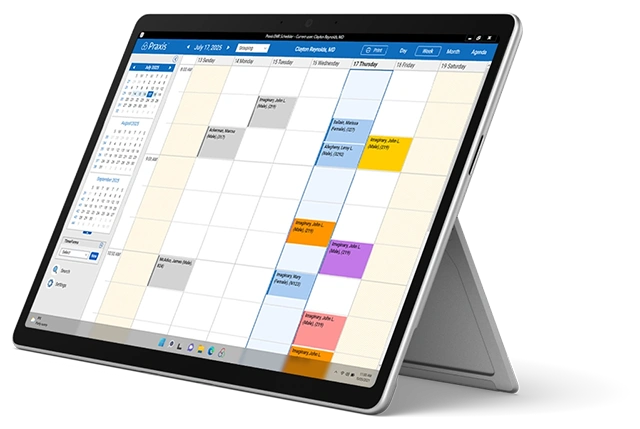
Most EHR systems today are based on "templates" that offer a one-size fits all approach, forcing providers to use structured picklists to document patient encounters. Templates require significant amounts of data entry and physician users experience high degrees of dissatisfaction, often spending twice as much time with their EHR as they do with their patients. Most physicians today describe their EHRs as clunky, rigid and difficult to use and comment that they would not recommend the system to a colleague. Template EHR systems do not fit solo practices and are poorly designed to handle the documentation requirements facing solo and private practices today.
A top EHR for solo practices must help (not hinder) the overburdened provider by enabling them to engage in less screen time and more face-to-face contact with patients. The best EHR for solo and private practices must be intuitive, easy to use, fast and offer health maintenance, disease management and quality reporting to facilitate communication between providers and patients.
Specialty Case Studies
Learn more about the unique Solo Practices AI of Praxis EMR
As an artificial intelligence (AI) driven, template-free EHR, Praxis is the best EHR for solo practices because it allows physicians to practice medicine based on their own individual style rather than forcing them to use rigid and cumbersome templates. Praxis is rated #1 for solo practices because the AI inside adapts to any clinical workflow and gets faster and smarter as it automates the solo provider practice.
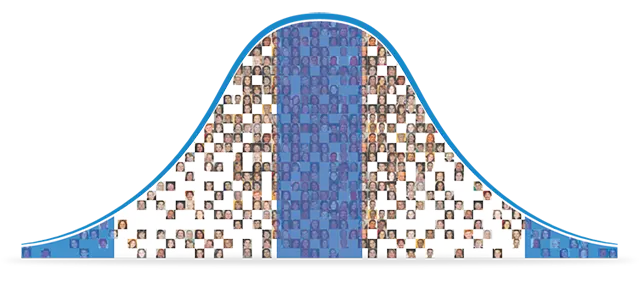
The Intelligent Solo Practice
Personalized AI System
The more that Praxis is used, the more that our AI system learns from the practicing physician and saves time that otherwise would be spent charting or using outdated templates.
Risk Profiles
Track and review a summary of risk factors, such as family medical disorders, lifestyle habits and social history
Diagnostic Test and Imaging
Easily record laboratory screening tests, X-rays and genetic tests
Integrated Laboratory Results
View and track laboratory results such as urine tests and CT scans. Praxis allows for integration of already existing lab results for a more complete view of a patient's health.
Assessment and Patient-Specific Alerts
In individual patient's files, indicate specific problems, family history details, surgical history details, or other chart items as alerts
Customized Health Maintenance
Customize health maintenance and disease management on a per encounter basis





